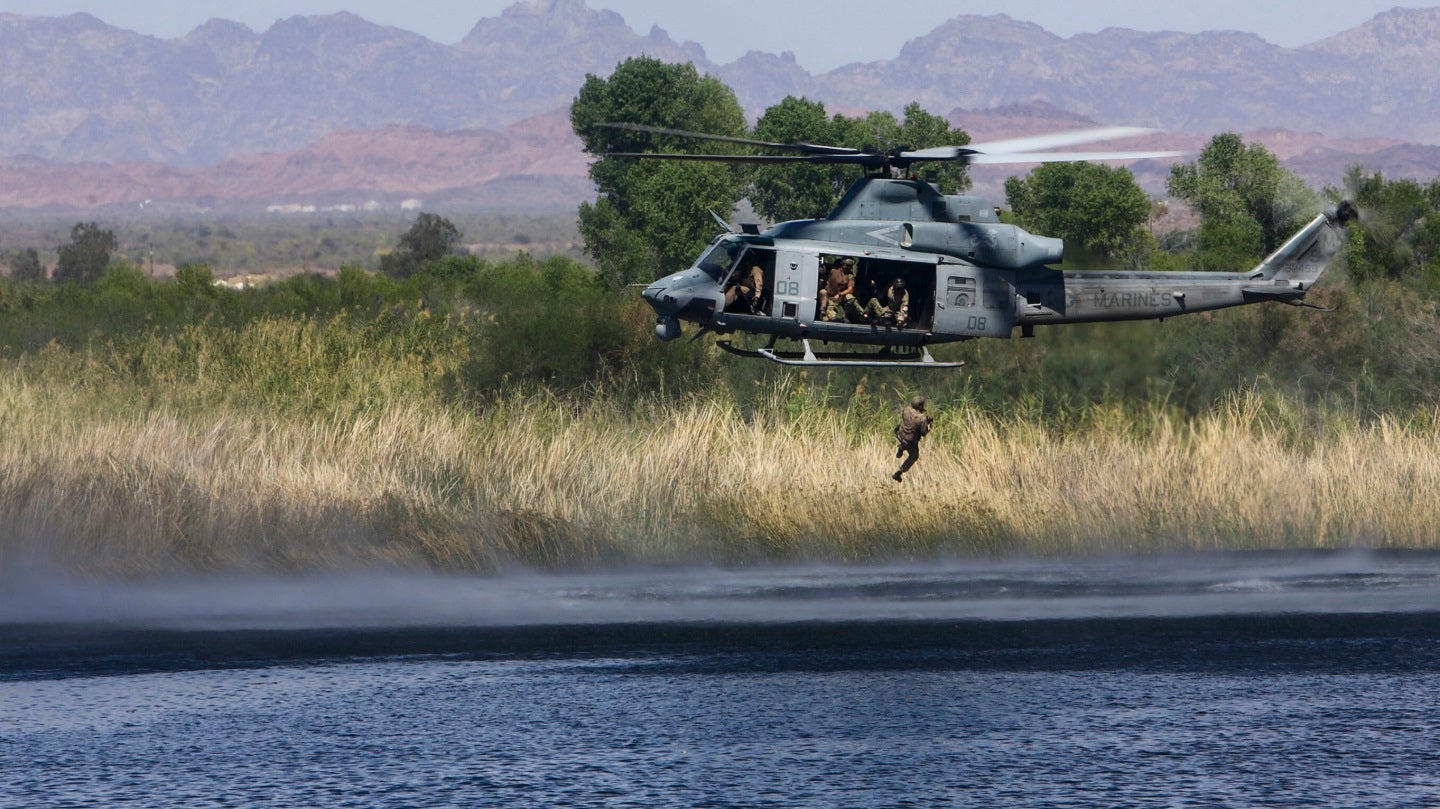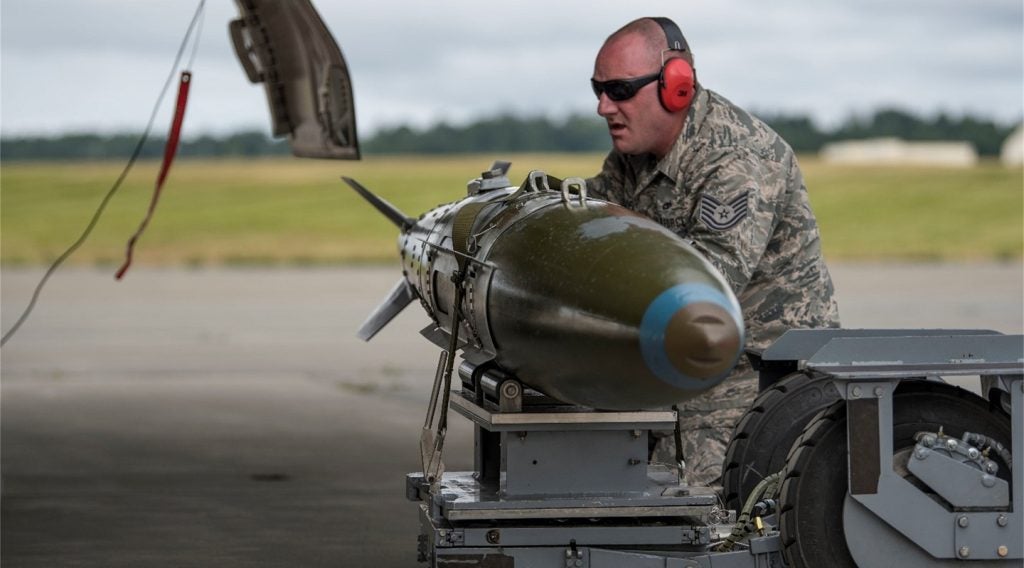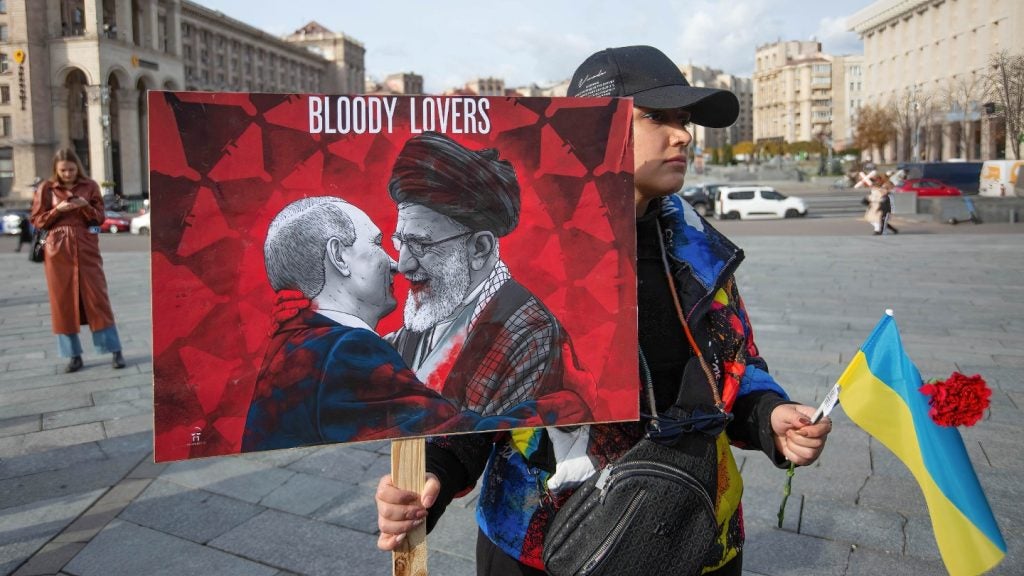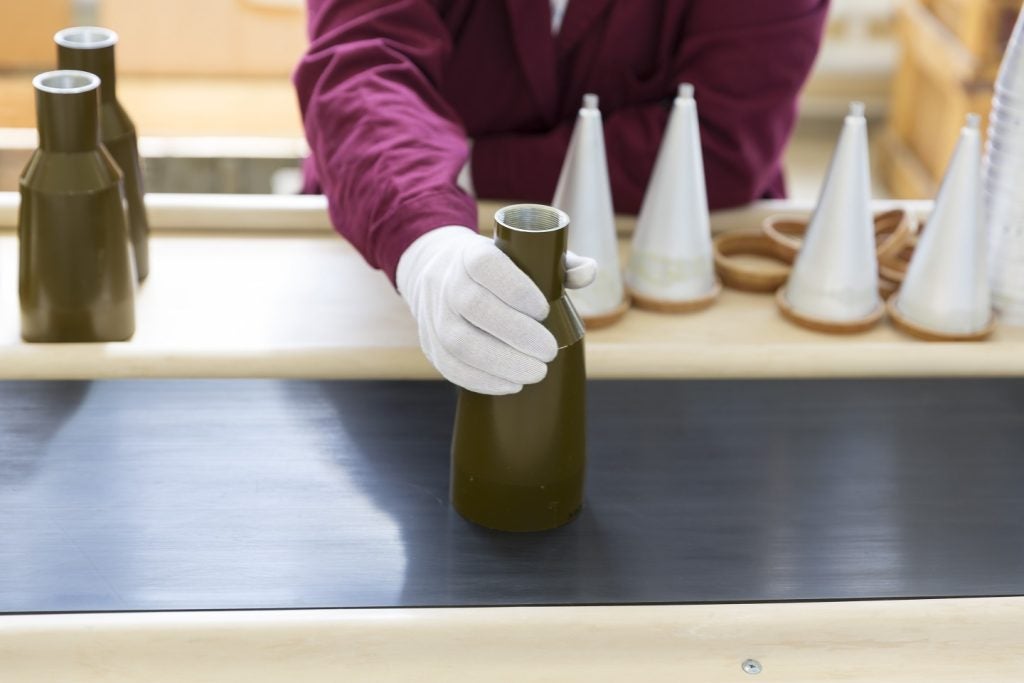
Bell Textron has been awarded a $22.5m firm-fixed-price contract to provide up to 24 months of in-country aircraft maintenance for eight UH-1Y and four AH-1Z helicopters, and up to 36 months of in-country contractor engineers services, for the Czech Republic.
The contract, which is expected to be completed by 2026 and sees Foreign Military Sales funds of $11m obligated at the time of the award, will support the Czech Republic’s recent acquisition of the UH-1Y and AH-1Z platforms to replace its ageing Russian-origin transport and attack fleet with new or refurbished aircraft from the US.
The Czech Air Force currently operates two types of transport helicopters (Mi-17s and W-3A Sokols) and single attack helicopter type (Mi-24/35). All of these helicopters were bought second hand from Russia and Poland and are almost obsolete.
In May the US Defense Security Cooperation Agency revealed a request from the Czech Republic to procure equipment and services to refurbish six AH-1Z attack helicopters and two UH-1Y transport helicopters, which would be taken up from excess defence stock.
In order to completely replace the Mi-35/24Vs, with eight units currently in inventory, the Czech Government made an additional request for six units in 2023. The total request to replace Soviet-era Mi-24/35 is now for ten AH-1Z (four in 2019 and six in 2023).
A 2019 Government-to-Government agreement between the Czech Republic and the US saw a requirement of 12 helicopters. However, the US is donating an additional eight, bringing up the combined fleet total to 20 helicopters, with ten UH-1Y and 10 AH-1Z platforms.
How well do you really know your competitors?
Access the most comprehensive Company Profiles on the market, powered by GlobalData. Save hours of research. Gain competitive edge.

Thank you!
Your download email will arrive shortly
Not ready to buy yet? Download a free sample
We are confident about the unique quality of our Company Profiles. However, we want you to make the most beneficial decision for your business, so we offer a free sample that you can download by submitting the below form
By GlobalDataIn February 2022 Bell Textron said that production work on the four AH-1Z aircraft had begun, following the start of manufacture for the UH-1Y platforms in July 2021.
According to GlobalData defence analysis, in 2022 the Czech defence budget saw a gradual and steady increase over the historic 2018–22 period, rising from $2.7bn in 2018 to $4.2bn in 2022. This steady growth trend is expected to continue, rising to a defence spend of $5.7bn in 2027.







